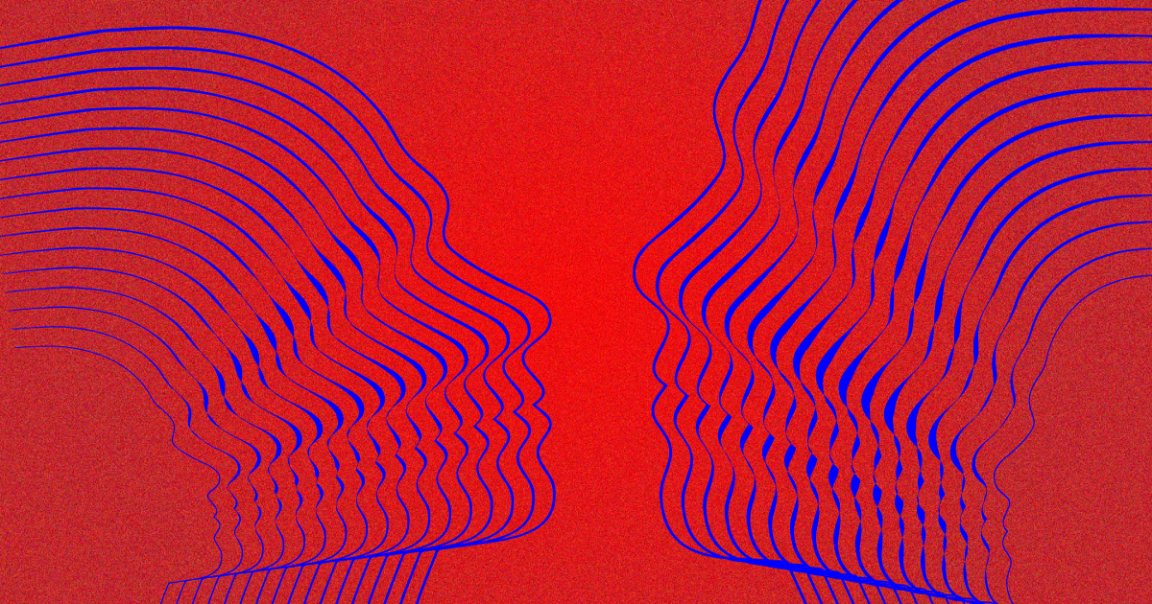
Making Waves
An unusual new idea in neuroscience suggests that our consciousness is derived from a field of electromagnetic waves given off by neurons as they fire.
The idea is that these waves of electrical activity get sent out by neurons and, as they propagate across swaths of the brain, orchestrate our entire conscious experience. The research, published last month in the journal Neuroscience of Consciousness, offers more theory than tangible evidence, but the author says it could pave the way for robots that genuinely think and feel.
It’s Alive!
That author is Johnjoe McFadden, a molecular geneticist and director of quantum biology at the University of Surrey, who points to flaws in other models of consciousness as the reason that we don’t have sentient artificial intelligence or robots capable of achieving consciousness.
By recreating these electrical waves in machinery, McFadden suggests, engineers might be able to pull it off.
Dualism Reborn
McFadden’s hypothesis veers away from most neuroscientists, who generally see consciousness as a narrative that our brain constructs out of our senses, perceptions, and actions. Instead, McFadden returns to a more empirical version of dualism — the idea that consciousness stems from something other than our brain matter — in this case energy.
“How brain matter becomes aware and manages to think is a mystery that has been pondered by philosophers, theologians, mystics and ordinary people for millennia,” McFadden said in a press release. “I believe this mystery has now been solved, and that consciousness is the experience of nerves plugging into the brain’s self-generated electromagnetic field to drive what we call ‘free will’ and our voluntary actions.”
READ MORE: Researcher proposes new theory of consciousness [University of Surrey]
More on consciousness: Artificial Consciousness: How To Give A Robot A Soul